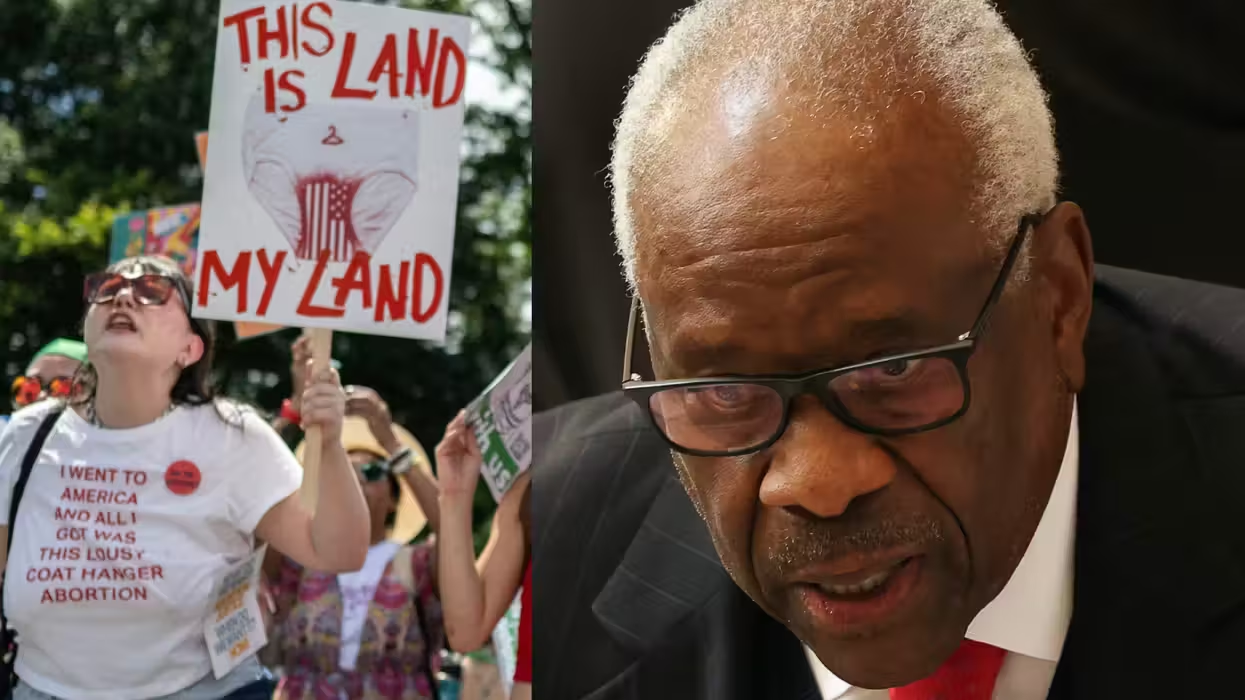© 2025 Blaze Media LLC. All rights reserved.
Among the large numbers of issues that are said to prove that the recession never ended is whether Americans can afford the “basics” that have come to be expected by the middle class.
Fewer and fewer Americans can.
This means that a lack of demand for some services, like medical treatment, will undermine the ability of some services to exist at all — at least at current levels. Medicine, like any other economically based system, needs some base amount of demand to provide the financial scale that allows research and development and a delivery infrastructure to exist.
A new Gallup poll reports that:
Fewer Americans had access to basic life necessities in September. The nation’s Basic Access Index score fell to 81.4 last month — on par with the 81.5 measured in February and March 2009 amid the recession.
This is a testament to the high unemployment levels of the past four years. The fact that the economy does not bleed jobs at the rate of 500,000 a month as did in early 2009 does not help those who have lost jobs and not regained them.
Some would say the unemployment problem in the U.S. is not getting worse. That only means that the recession, which is still a horrible fact of the lives of most Americans, had not improved at all.

The two largest drops in “basics” are the number of people with a personal doctor, down 4.2 percent to 78.3 percent in September compared to September 2008, and the number of Americans with health insurance coverage (down by 3.6 percent to 83.3 percent over the same period).
At some point, the ability of hospitals and doctors to operate in current numbers falters. The same is probably true with expensive medical research and development. The government will only fund so much of it, particularly in an age of austerity. Furthermore, private donations are low because even the well-to-do have cut back charity.
The current recession does not feel like one. It is worse than that.
(Douglas A. McIntyre--24/7 Wall St./The Blaze)
Methodology: Results are based on telephone interviews conducted as part of the Gallup-Healthways Well-Being Index survey Sept. 1 – 30, 2011, with a random sample of 29,313 adults, aged 18 and older, living in all 50 U.S. states and the District of Columbia, selected using random-digit-dial sampling.
Want to leave a tip?
We answer to you. Help keep our content free of advertisers and big tech censorship by leaving a tip today.
Want to join the conversation?
Already a subscriber?
more stories
Sign up for the Blaze newsletter
By signing up, you agree to our Privacy Policy and Terms of Use, and agree to receive content that may sometimes include advertisements. You may opt out at any time.
Related Content
© 2025 Blaze Media LLC. All rights reserved.
Get the stories that matter most delivered directly to your inbox.
By signing up, you agree to our Privacy Policy and Terms of Use, and agree to receive content that may sometimes include advertisements. You may opt out at any time.






